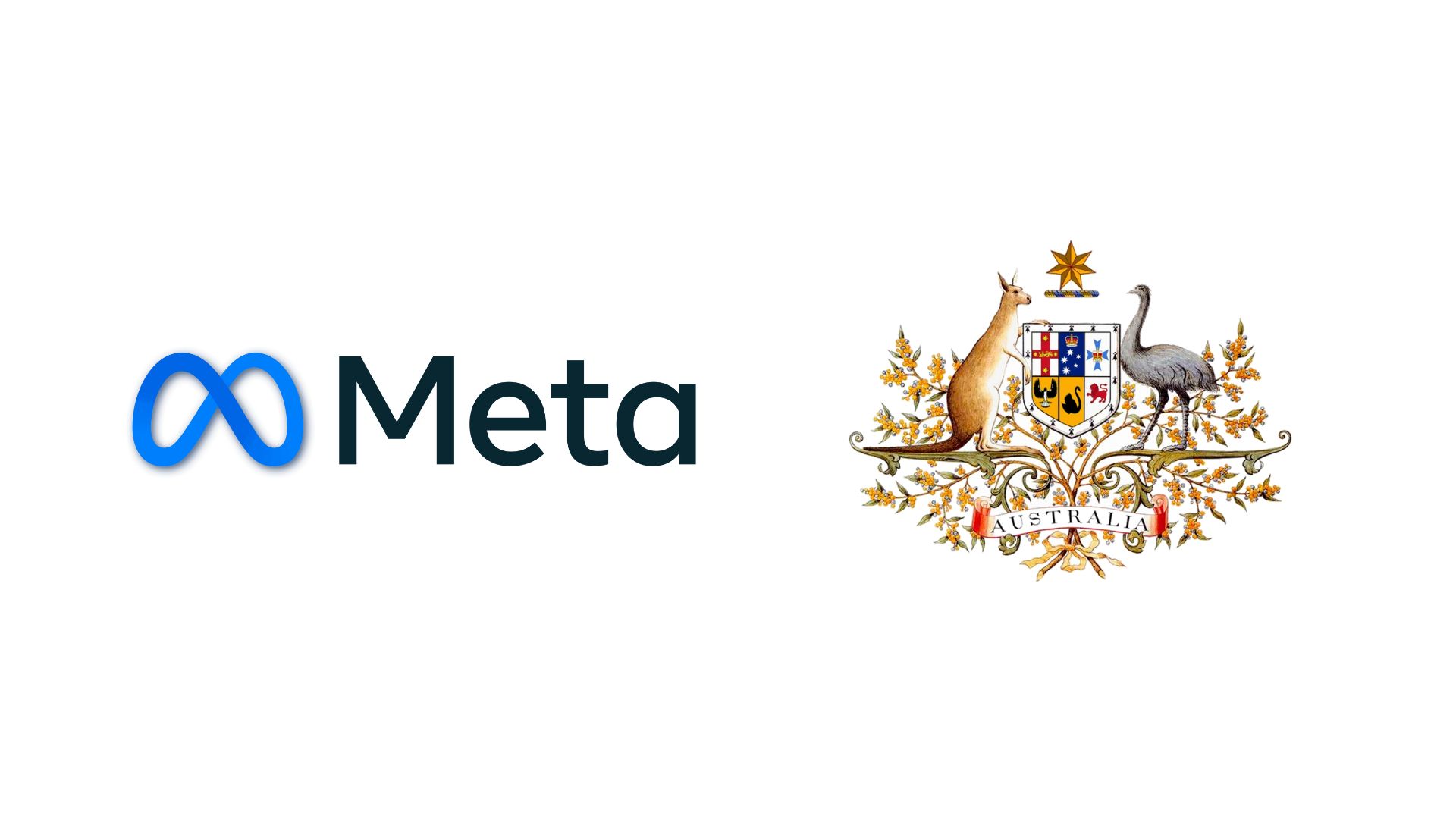In a Washington Post opinion piece, Rep. Elise Stefanik and Stephen Prince, CEO of TFG Asset Management, argue that the United States is already engaged in a new form of warfare — cyberwarfare — waged by adversaries like China, Russia, and Iran using tools such as malware, phishing, and zero-day exploits. They assert that the US is not adequately prepared to defend against these threats due to a significant shortage of cyber talent, especially within the military and government.
To address this gap, the authors propose the creation of the United States Advanced Technology Academy (USATA) — a tuition-free, government-supported institution that would train a new generation of Americans in cybersecurity, AI, and quantum computing. Modelled after military academies, USATA would be located in upstate New York and require a five-year public service commitment from graduates.
The goal is to rapidly develop a pipeline of skilled cyber defenders, close the Pentagon’s estimated 30,000-person cyber personnel shortfall, and maintain US leadership in strategic technologies. Stefanik and Prince argue that while investing in AI tools and infrastructure is essential, equally critical is the cultivation of human expertise to operate, secure, and ethically deploy these tools. They position USATA not just as an educational institution but as a national security imperative.
The article places the academy within a broader effort to outpace rivals like China, which is also actively investing in STEM education and tech capacity. The authors call on the President to establish USATA via executive order or bipartisan congressional support, framing it as a decisive and forward-looking response to 21st-century threats.
Would you like to learn more about AI, tech and digital diplomacy? If so, ask our Diplo chatbot!










